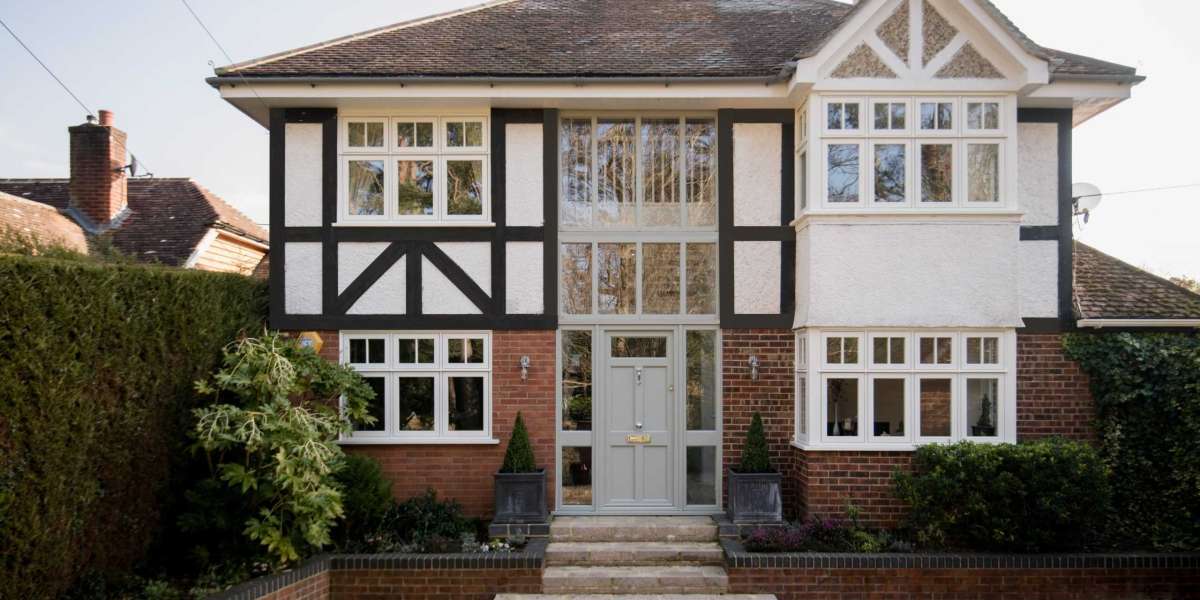Real estate investment remains one of the most proven and reliable ways to build long-term wealth. Whether you are buying your first rental property or expanding your portfolio, understanding how to finance investment properties is the cornerstone of success. In Florida’s competitive housing markets, choosing the right mortgage strategy is critical. With the guidance of Fidelity Mortgage, investors can access tailored loan solutions that maximize cash flow, reduce risks, and help create sustainable growth.
Unlike primary residences, investment properties typically require stricter lending requirements. However, with the right approach, investors can secure favorable financing options that align with both short-term goals and long-term strategies. By exploring smart investment property Loan, real estate buyers in Florida can gain an edge, financing their purchases more efficiently and profitably.
Why Investment Property Financing Is Different
When you apply for a mortgage to purchase your primary residence, lenders often offer lower interest rates and flexible qualification requirements. This is because your home is considered lower risk—you live in it and are therefore more motivated to keep up with payments. Investment properties, however, carry additional risk from a lender’s perspective. Vacancies, market fluctuations, and maintenance costs can affect rental income and repayment reliability.
For this reason, financing rules differ. Down payments are usually higher, credit score requirements stricter, and interest rates slightly elevated. Still, these factors shouldn’t discourage investors. By choosing the right mortgage program, you can balance upfront costs with long-term returns.
Common Mortgage Options for Investment Properties
Conventional Mortgages
Conventional loans remain one of the most common financing tools for investment properties. These loans often require a down payment of 15%–25%, depending on the lender and the type of property. Borrowers with strong credit scores benefit from competitive interest rates, and rental income can sometimes be used to help qualify.
Portfolio Loans
Portfolio loans are held “in-house” by the lender rather than being sold on the secondary market. This gives lenders more flexibility to design terms that work for the investor. While rates can be slightly higher, these loans may allow for unique financing situations, such as multiple properties under one loan.
Hard Money Loans
For investors who want to flip houses quickly or finance properties in need of renovation, hard money loans are a short-term option. These loans are asset-based, meaning approval is tied more to the property’s value than the borrower’s credit. While interest rates are high, they provide fast access to funds.
FHA and VA Options
While FHA loans generally aren’t available for pure investment purposes, they can be used for multi-unit properties as long as the borrower lives in one of the units. Similarly, VA loans can be applied to duplexes, triplexes, or four-unit homes when the veteran occupies one unit. These hybrid strategies allow investors to build wealth while keeping financing affordable.
Benefits of Smart Mortgage Planning for Investment Properties
Smart financing isn’t just about securing a loan; it’s about aligning the mortgage structure with your investment goals. The right mortgage plan can:
Improve Cash Flow: Lower interest rates and optimized loan terms help maximize rental income.
Leverage Equity: Using equity from other properties can unlock funds for new purchases.
Balance Risk: Spreading financing across different loan types can minimize exposure to changing market conditions.
Increase ROI: By lowering upfront costs and maximizing tax benefits, you boost your overall return on investment.
Expand Portfolios Faster: With smart strategies, you can grow your real estate holdings without draining personal savings.
Key Factors Lenders Consider for Investment Property Loans
Credit Score: Most lenders require a score of 620 or higher, but the best rates are reserved for scores above 740.
Down Payment: Investment loans often require 20%–25% down.
Debt-to-Income Ratio: Keeping this ratio under 45% improves approval chances.
Property Income Potential: Lenders may consider projected rental income when assessing risk.
Reserves: Many lenders require cash reserves to ensure investors can cover unexpected expenses.
Tips for Financing Your First Investment Property
Build Strong Credit First: Improve your score to qualify for better rates.
Save for a Larger Down Payment: The more you put down, the less risky you appear to lenders.
Shop for Local Loan Programs: Florida has unique investment opportunities, and some local lenders offer tailored products.
Consider Long-Term Goals: Are you flipping for quick profit or holding for long-term rental income? Choose loans that match your strategy.
Work with an Experienced Mortgage Lender: Professional guidance ensures you don’t miss hidden opportunities.
The Florida Advantage in Real Estate Investment
Florida remains one of the most sought-after states for real estate investment, thanks to its steady population growth, strong rental demand, and tax-friendly environment. Cities like Tampa, Lutz, and Odessa provide opportunities for investors across different property types—from single-family rentals to vacation homes. With the right mortgage partner, Florida’s real estate landscape can become a cornerstone of your wealth-building strategy.
FAQs
1. Can I use rental income to qualify for an investment property mortgage?
Yes, many lenders allow projected rental income to count toward qualification, though proof such as a lease agreement or appraisal may be required.
2. What is the typical down payment for investment properties?
Most lenders require between 20% and 25% down, depending on the loan type and property.
3. Are interest rates higher for investment property loans?
Yes, they are usually higher than primary residence mortgages, reflecting the added risk for lenders.
4. Can I finance multiple investment properties at once?
Yes, some lenders offer portfolio loans or blanket mortgages that cover multiple properties under a single agreement.
5. Is Florida a good place to buy investment properties?
Absolutely. Florida’s growing population, rental demand, and favorable tax environment make it one of the top markets for property investment.









